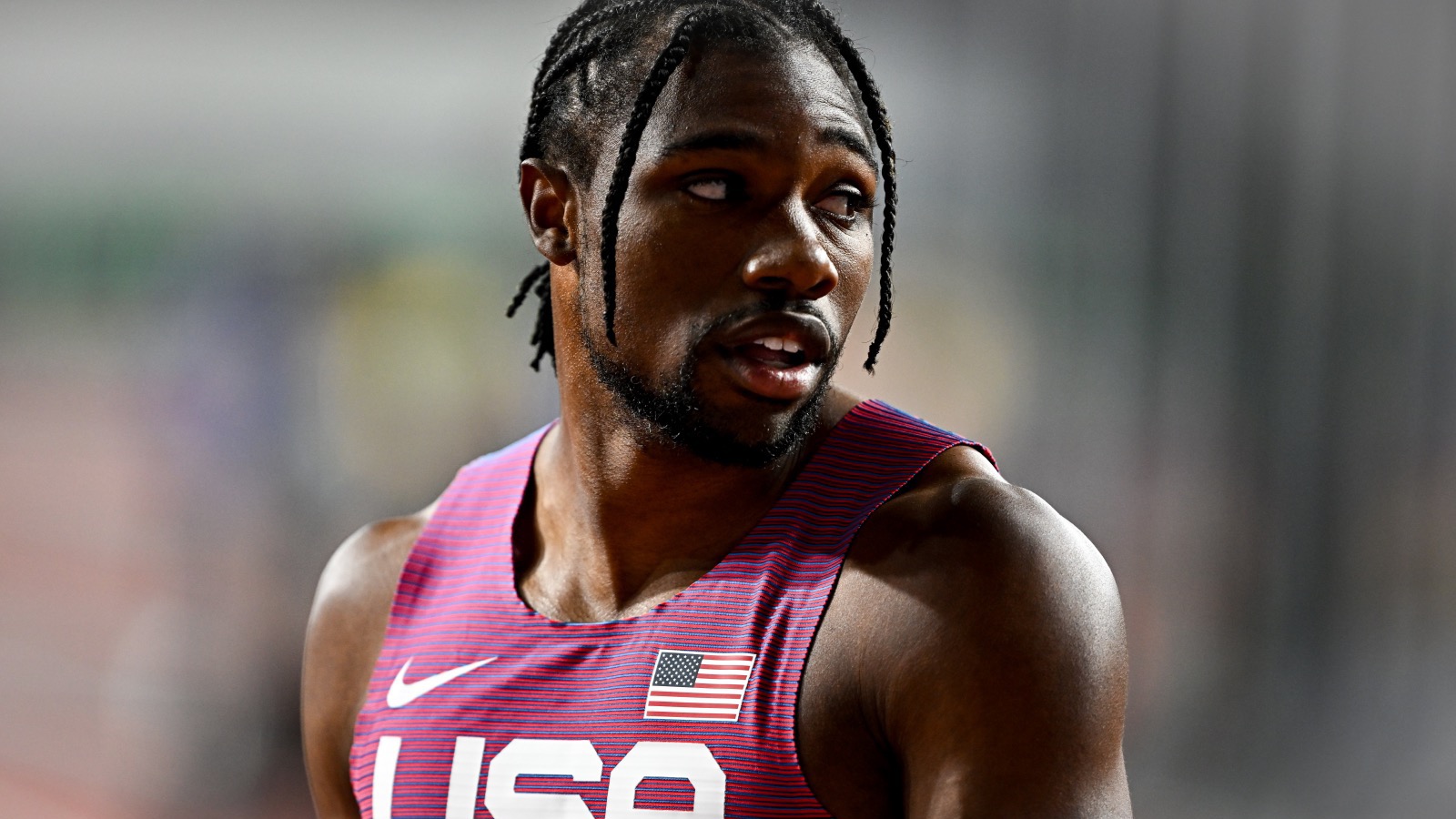Sports
Duel Between Noah Lyles And Christian Coleman In The 60M At World Championships

There is an exciting duel ahead between Noah Lyles, who made a name for himself in the 60 meters this winter, and Christian Coleman, world record holder and 2018 world champion. But, Coleman’s experience may not be enough against his strong rival.
Noah Lyles was already a good technician, a true sprinter (1.82 m), aligned and a 200 m specialist. Since he began working seriously on the straight to increase his medal chances – and especially to make history – the Florida man has focused on the 60 m. That event is a concentration of technical demands and physical effort. “I worked on this for seven years and this season I finally succeeded!” he exclaimed in Boston after breaking his record (6’44). A more efficient start, a good transition in the middle and a strong end to the race: that is the new recipe for Lyles, who was even faster three weeks ago at the U.S. Championships (6.43 in Albuquerque.
World record holder Christian Coleman (6.34) is slowly approaching 30 (he turns 28 on March 6), but he is still performing miracles. The former U.S. soccer player, with a more compact build than his rival (6’5″), was way ahead of Lyles in the final of the national championships, their only straight duel this winter. His speed and low starting stance are two of his strengths, but after that the whole thing is more erratic. The shoulder line shifts, leading to loose movements. This lack of agility is felt at the end of the race, which he continued to suffer from in 2018, during his record-breaking season.
Coleman on the path of comeback
Noah Lyles is a rookie as the 26-year-old competes in his first-ever World Indoor Championships in Glasgow, three weeks after his first-ever national title in the 60 meters in Albuquerque. In terms of format, there is nothing crazy on Scottish soil, with heats in the morning and semifinals and finals in the evening. The distance is new, but the favorite status is not. Lyles likes to be in the spotlight: it amuses and stimulates him. His biggest challenge will surely be channeling his boundless energy throughout the day.
Coleman, however, has lost only three times in 40 races (including heats) since the winter of 2016. He has the four fastest times in history (6’34 in 2018 and three times 6’37, in 2018 and 2020). But in the final of the 2022 World Championships in Belgrade, when he had just returned from a suspension for not fulfilling his whereabouts obligations, he was beaten by 3 thousandths by Italian Olympic champion Marcell Jacobs (6.407 vs. 6.410). This slap in the face is undoubtedly enough for the Atlanta sprinter to put things in order.
This post is originally from L’Équipe











